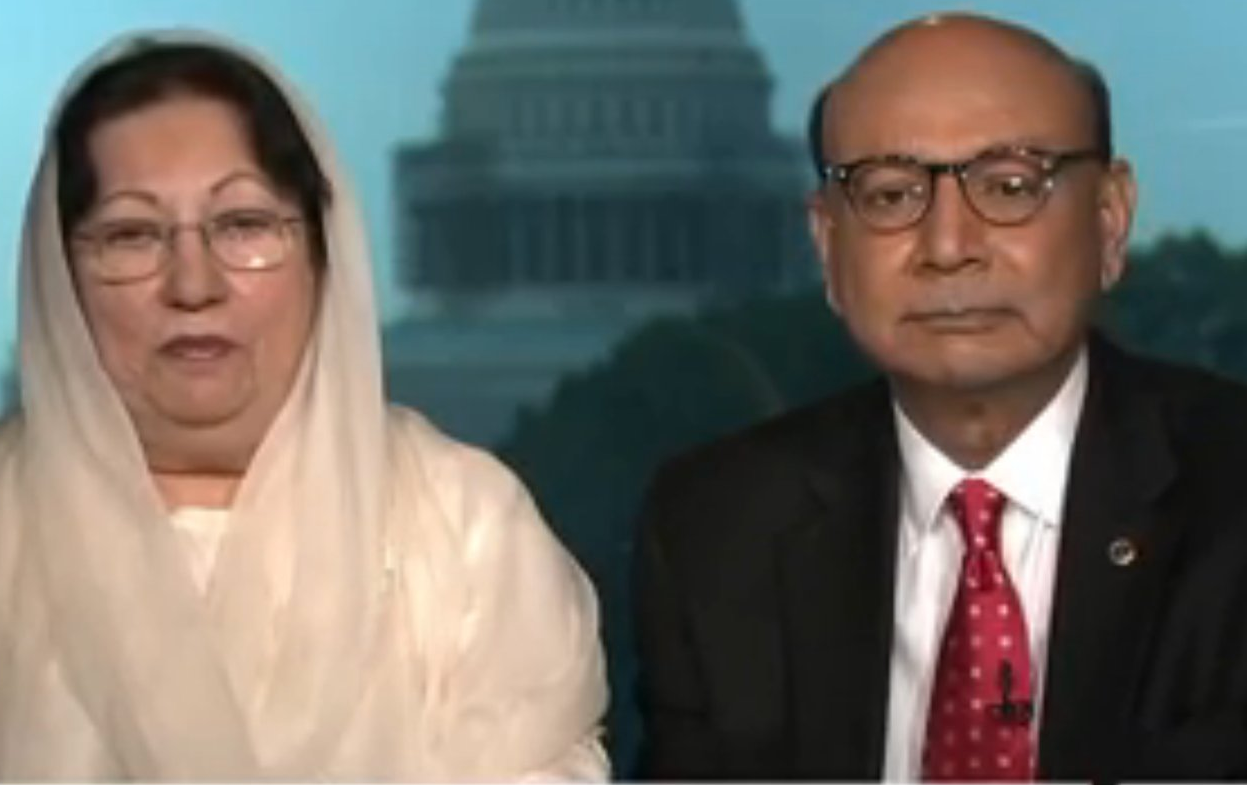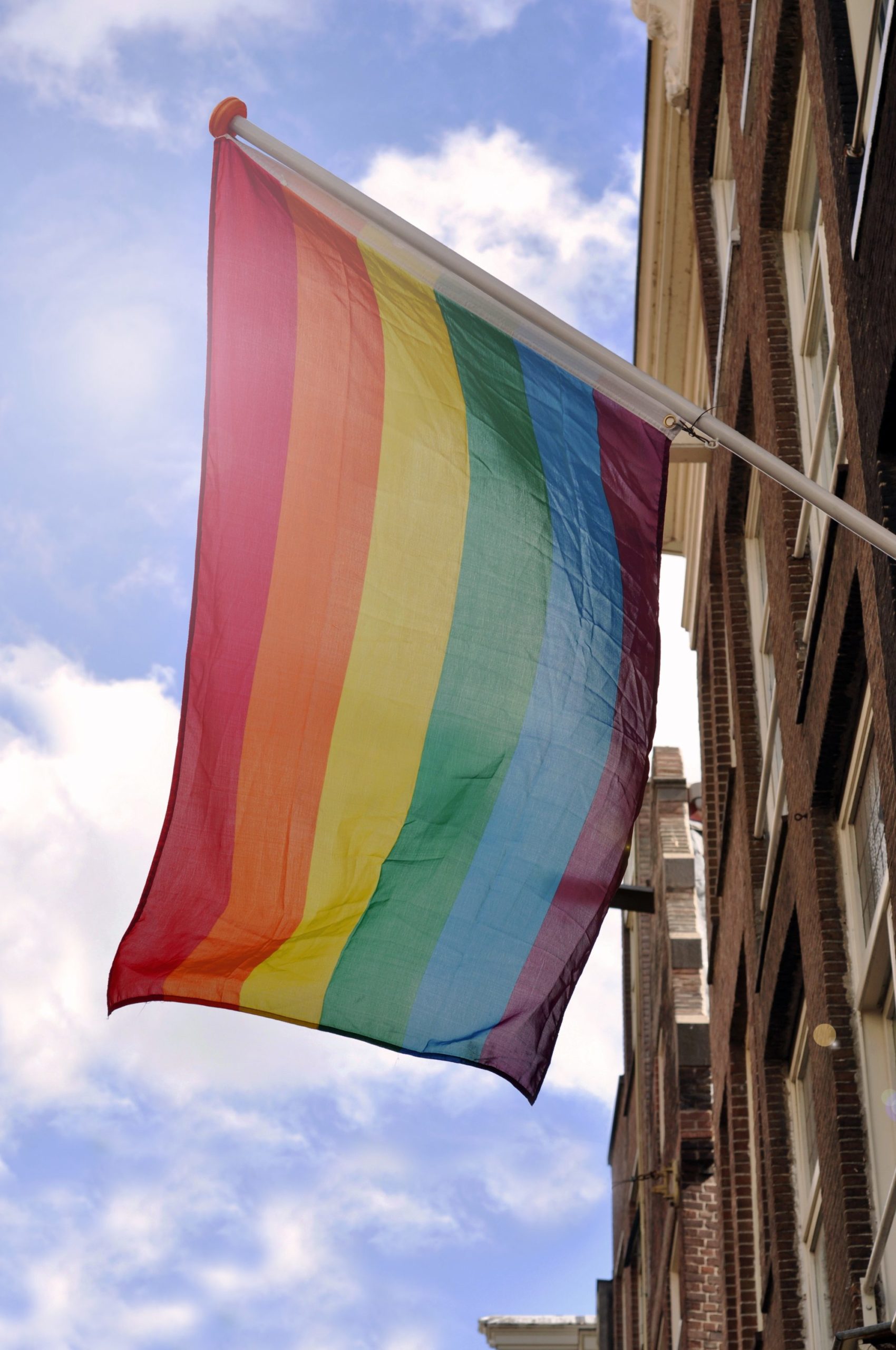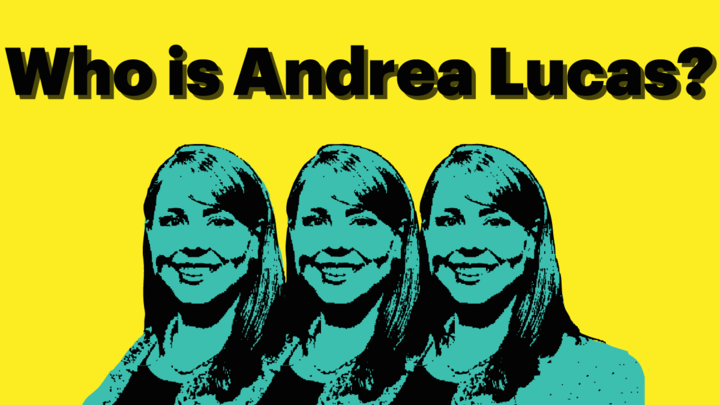Sessions Is Trying His Hardest to Gut Civil Rights Protections With “Religious Freedom” Guidance
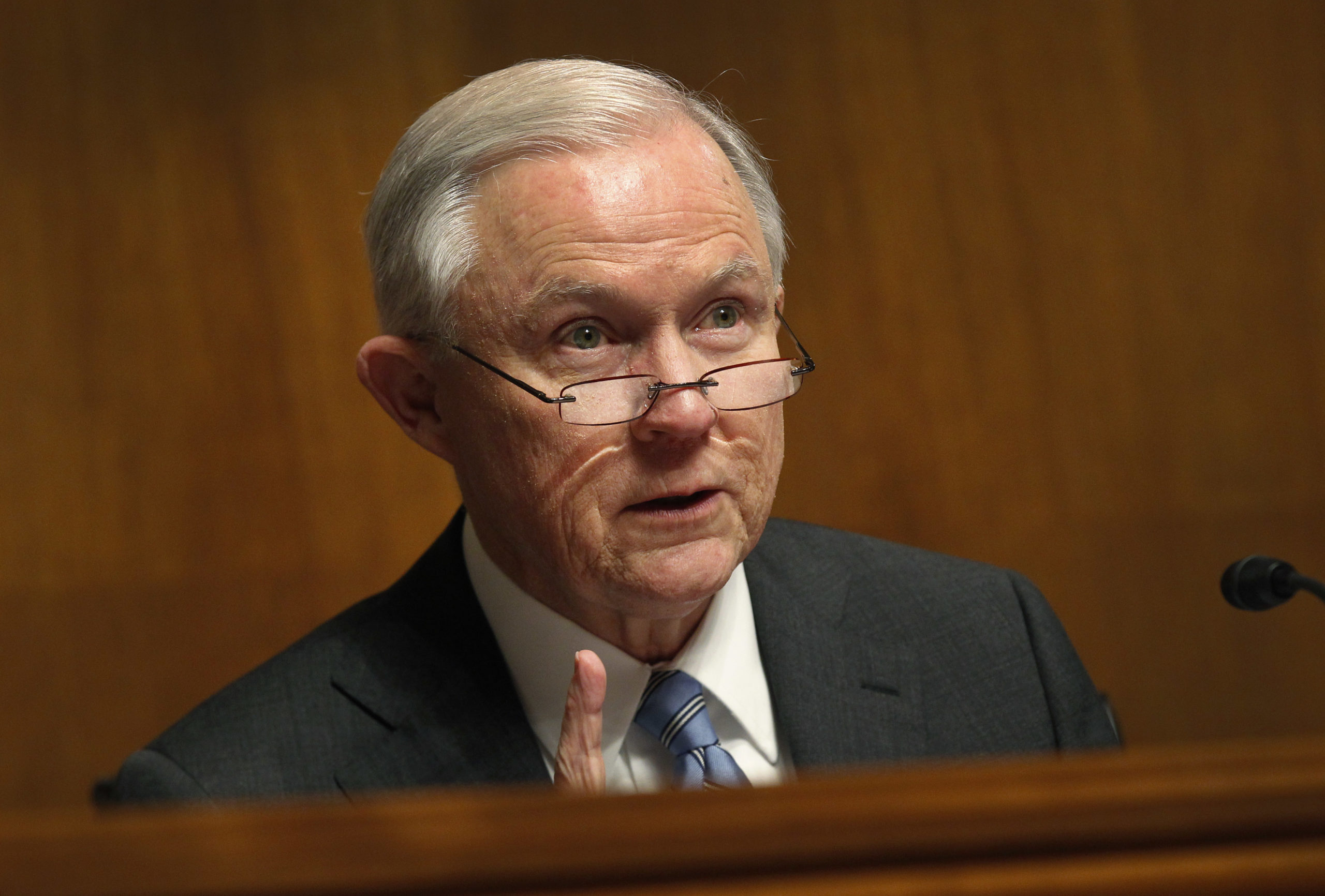
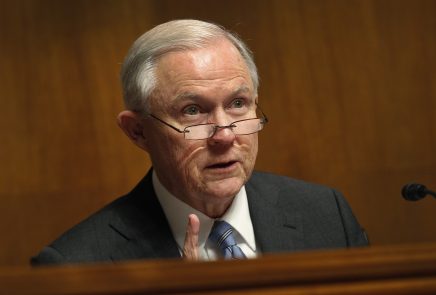
There’s no way around it – last week was an awful week for civil rights. The Trump administration launched an attack on women’s health with two rules that rolled back the Affordable Care Act’s birth control benefit and Jeff Sessions reversed 2014 Department of Justice (DOJ) policy that interpreted Title VII to protect transgender workers—putting the DOJ’s official policy directly at odds with the EEOC’s official policy and federal precedent in many parts of the country. And the administration rolled out the red carpet for discrimination – just as long as people could claim it was for religious reasons.
On Friday, just one day after the DOJ’s transgender guidance, the same day as the attack on the birth control benefit, Jeff Sessions was at it again. The DOJ released two additional memos—the first memo titled “Federal Law Protections for Religious Liberty,” outlines twenty principles of “religious liberty” that are directed at “all executive departments and agencies,” and the second memo is directed at DOJ attorneys, telling them to adhere to the guidance.
Honestly, this guidance is vague, broad, and has some horrifying implications that will no doubt become clearer over the coming days and weeks. For now, here are a few short takeaways:
- Jeff Sessions had a listening session with an anti-LGBTQ hate group to consult on this guidance.
The Alliance Defending Freedom (ADF), an organization designated as a hate group by the Southern Poverty Law Center, met with Sessions in a listening session that was described as “seeking suggestions regarding the areas of federal protection for religious liberty most in need of clarification or guidance from the Attorney General.” This is the organization whose longtime President, Alan Sears, literally wrote the book titled The Homosexual Agenda. Their organizational history has been dedicated to fighting against LGBTQ rights at every turn—they’ve argued against legalizing same-sex sex, against gay marriage, and against anti-discrimination protections for LGBTQ people.
In short, Sessions got advice on crafting this guidance from the organization that fundamentally believes LGBTQ people are “evil” and should be criminalized and discriminated against at every turn. There should be no doubt—this guidance is just a smokescreen for anti-LGBTQ discrimination and other forms of discrimination.
- It’s broad — really broad. This could be awful for women and LGBTQ people.
The memo seeks to expand the rule that the Supreme Court issued in the Hobby Lobby case, excusing at least some for-profit companies from following the law if they complained that the laws were in conflict with the for-profit corporations’ religious beliefs. It makes clear that the federal government will not “second guess the reasonableness of a religious belief” in these circumstances.
There will definitely be lots and lots of ongoing questions about how the federal government applies these principles when they bump up against existing non-discrimination protections that are in statutes—and whether these interpretations violate the law. But the memo raises alarming questions:
- Does this mean an employer with a sincerely held religious belief that women should not have sex before marriage could fire an unmarried woman who becomes pregnant?
- Will adoption agencies that receive federal funding be allowed to refuse to place children with same-sex couples?
- Will shelters for foster kids be allowed to abuse LGBTQ foster children under the guise of “fixing” them if it’s for “religious reasons”?
- Could individual employees be protected from discipline when they discriminate against women and LGBTQ people, even when they don’t work for a religious employer?
- Could your for-profit, corporate employer justify refusing to hire women based on its interpretation of the Bible?
This guidance could open the door to these kinds of arguments, and we’re on red alert.
- This opens the door wider for discrimination by federally funded programs and federal contractors.
The memo states, “As a general matter, the federal government may not condition receipt of a federal grant or contract on the effective relinquishment of a religious organization’s hiring exemptions or attributes of its religious character.” This seems to mean that the DOJ is not only giving employers a license to discriminate against pretty much anyone, as long as it’s for “religious reasons,” but also, it’s prohibiting the federal government from choosing to not fund organizations who do so. What could this mean in practice? It could mean that the federal government would not be allowed to take into account which organizations and companies discriminate against women and LGBTQ people when determining funding. This guidance is laying the groundwork for taxpayer-funded discrimination with no clear limits.
While we have a lot more questions about what this guidance means in practice, it certainly means one thing: this Department of Justice is trying its hardest to legalize discrimination in every way it can.

